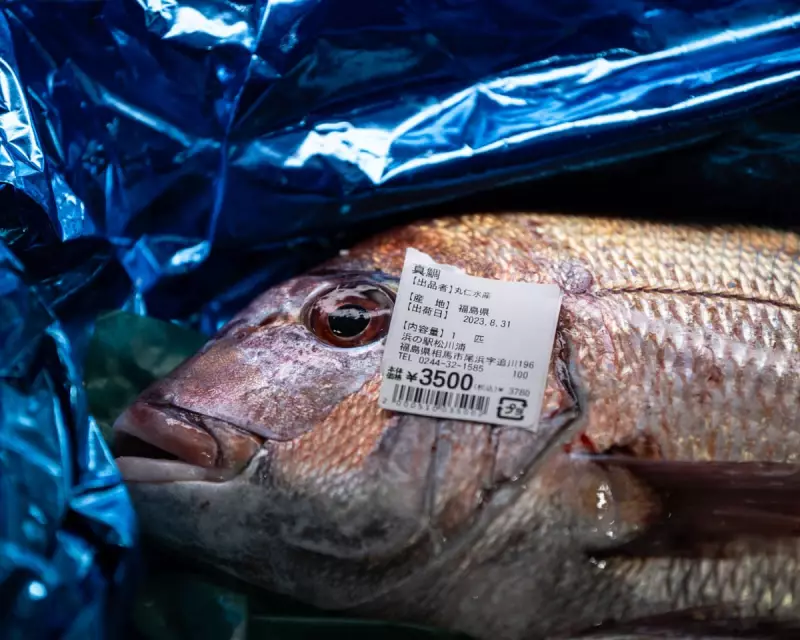
China has dramatically escalated its diplomatic confrontation with Japan by reinstating a comprehensive ban on Japanese seafood imports, just months after partially lifting previous restrictions. The move comes amid growing tensions following controversial comments by Japanese Prime Minister Sanae Takaichi about potential military involvement in Taiwan.
Diplomatic Fallout Over Taiwan Remarks
The renewed trade restrictions were first reported by Japanese media outlets Kyodo News and NHK on Wednesday, with China's foreign ministry subsequently confirming the suspension. Chinese officials stated there is "no market for Japanese seafood in the current climate", directly linking the ban to the ongoing diplomatic dispute.
The confrontation stems from Prime Minister Takaichi's recent parliamentary comments suggesting Japan could militarily respond if China attacked Taiwan, describing such a scenario as a threat to Japan's existence. These remarks have triggered furious responses from Beijing, which considers Taiwan an integral part of Chinese territory.
Economic Impact and Previous Restrictions
This represents the second major seafood ban imposed by China within a year. The original restrictions were implemented in 2023 in response to Japan's decision to release treated wastewater from the damaged Fukushima nuclear plant. Although China had recently begun easing those restrictions, the new comprehensive ban threatens significant economic consequences.
Before the initial 2023 ban, the Chinese market accounted for more than one-fifth of Japan's seafood exports, making this a substantial blow to Japanese fishing industries. The timing is particularly sensitive given the recent partial restoration of trade relations between the two nations.
Broader Retaliatory Measures
The seafood ban forms part of a wider package of retaliatory actions taken by Beijing in response to what it perceives as provocative statements from Tokyo. Chinese Foreign Ministry spokesperson Mao Ning emphasised that Japan had "failed to provide the technical documentation it committed to" regarding the Fukushima water situation.
However, the diplomatic context suggests the trade restrictions are primarily political. Additional measures implemented by China include:
- Deployment of coastguard vessels through disputed waters around the Senkaku Islands
- Military drone flights near Japan's western territories
- Travel warnings affecting an estimated 500,000 cancelled flights to Japan
- Suspension of Japanese film releases and cultural events
- Instructions to state-owned enterprises restricting staff travel to Japan
The situation has escalated to the United Nations level, with China's permanent representative Fu Cong stating Japan was "totally unqualified" for a permanent Security Council seat, directly citing Takaichi's controversial remarks.
Ongoing Diplomatic Standoff
Despite Japan's attempts to de-escalate tensions through diplomatic channels, including sending a high-ranking foreign ministry official to Beijing for talks, the situation remains volatile. China's foreign ministry has described Takaichi's comments as causing "fundamental damage to the political foundation of China-Japan relations".
The Japanese government maintains that its self-defence policy remains unchanged, and Prime Minister Takaichi has not withdrawn her original statements. This positions both nations in a challenging diplomatic standoff with significant economic and geopolitical implications for the Asia-Pacific region.
Market reactions have been immediate, with shares in Japanese retail and tourism companies experiencing sharp declines. The comprehensive nature of China's response indicates the seriousness with which Beijing views the Taiwan-related comments, suggesting the bilateral relationship faces one of its most testing periods in recent years.





